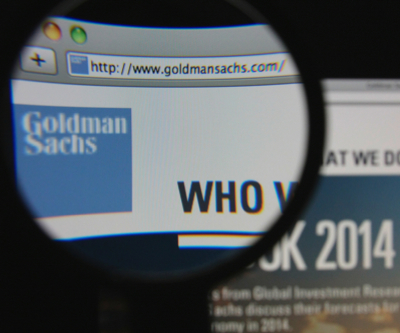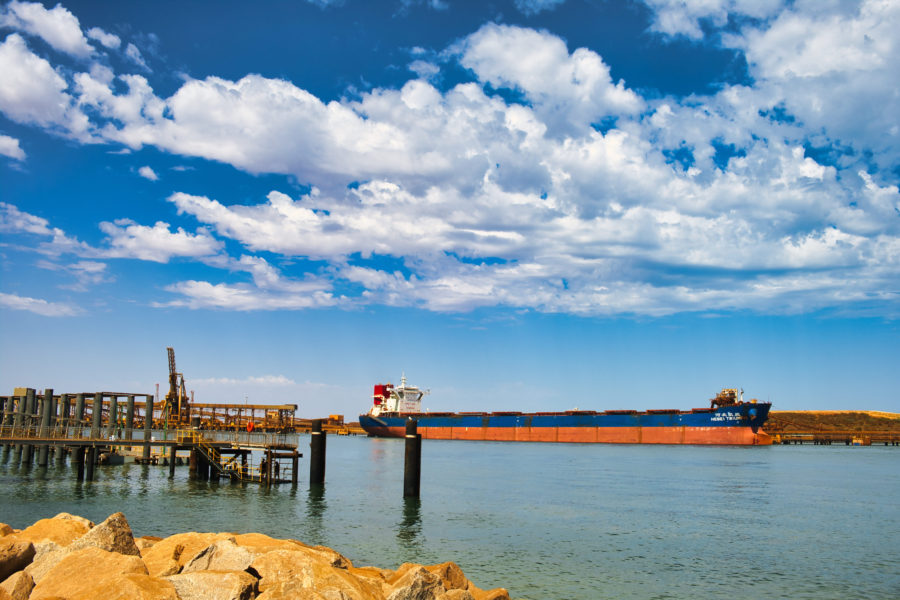Goldman Sachs selling Iran’s one-time uranium supplier

US bank Goldman Sachs (NYSE:GS) and Deutsche Bank (NYSE:DB) are attempting to get out of trading supplies of raw uranium, known as yellowcake, a business few knew they were in.
According to Reuters, these financial institutions have stockpiled more nuclear fuel ingredient than the total amount held by Iran, and enough to run China’s nuclear plants for a year.
Both global investment banks entered the uranium market in 2009, when tightening supplies threatened to send prices soaring. The plan was to handle almost a third of all uranium trades in the spot market. Instead, they are adding the division to the list of commodities units up for sale.
The move comes as other US banks, including JPMorgan Chase (NYSE:JPM) and Morgan Stanley, are in the midst of waving their physical commodity trading good-bye.
Pushed by increased government scrutiny, squeezed trading margins and forecasts for tepid demand in certain markets, global banks are signalling the end of an era in which they rushed to take advantage of the commodity prices boom.
Deutsche Bank, Europe’s second largest bank, announced its exit from commodities last December. Since then it is said to have been in talks with potential buyers of its uranium business.
Fukushima effect
The expected sales were also triggered by decreasing uranium prices, currently at their lowest since 2005. Spot prices of U3O8 (triuranium octoxide), a material use for uranium enrichment, have fluctuated between $34-$35 a pound since September, over 50% less than the price prior to the Fukushima disaster in Japan in 2011.
Ties to Iran
Goldman’s connection to Iran date back to the 1970’s, when Nuclear Fuels Corporation of South Africa or NUFCOR (later the bank uranium unit) agreed to supply Iran with 2,400 metric tonnes of yellowcake, Reuters reports.
A second deal attempt failed in 1984, and all uranium that had not been sent to Iran was sold to a New York trading company and a German electricity firm. The money was returned to Tehran.
In the 1990’s Iran told the International Atomic Energy Agency of its uranium purchases (IAEA), which claims Iran bought it from South Africa, never revealing the company behind the sale.
Image by Gil C
{{ commodity.name }}
{{ post.title }}
{{ post.date }}




Comments